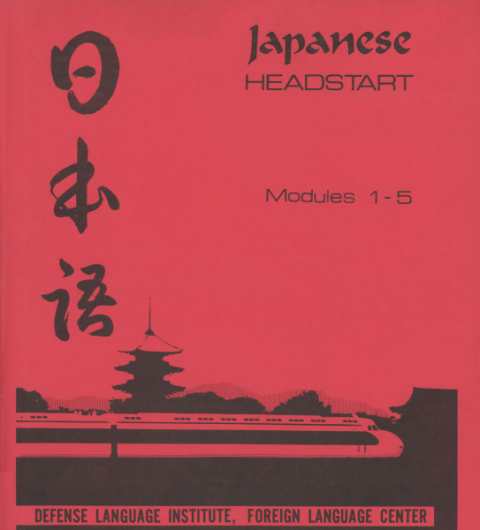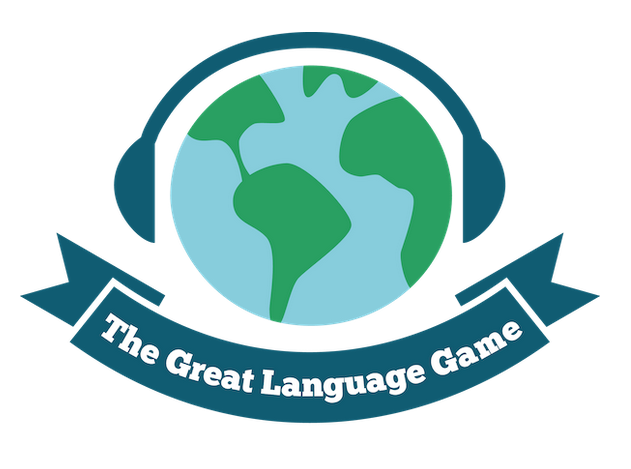Say the name “Yan-san” to anyone who’s studied Japanese in the last thirty years, and you’ll probably get a reaction of delighted recognition. It means that, inside or outside the classroom, they studied with Let’s Learn Japanese, a series of educational videos produced by the Japan Foundation. The first “season,” if you like, came out in 1984, the time of an enormous Asian economic bubble that made the world’s future look Japanese, sending the language straight to the top of every international business-minded student’s to-do-list. (Sound familiar, current strugglers with Mandarin?) Its hero, a young man of deliberately ambiguous nationality named Yan — the Japanese all address him with the everyday honorific -san — turns up in Japan for a few years of life in Tokyo and works at an architecture firm, helped along by his host family the Katos, his eagerly team-playing co-workers (one of whom introduces himself, in English, with the phase, “We are friends — okay?”), and a variety of helpful citizens and professionals all across the Land of the Rising Sun.
This may sound like dull stuff — the stuff of run-of-the-mill language-learning videos — but Let’s Learn Japanese raised the bar for this sort of thing, in terms of not just production value and teaching effectiveness but sheer rewatchability. In addition to Yan-san’s life among the Japanese people, Let’s Learn Japanese also offers instructional segments led by Mary Althaus, still a professor at Tokyo’s Tsuda College, and imaginative illustrative skits performed by the indefatigable trio of Mine, Kaihō, and Sugihara. In the more advanced Season 2, released over a decade later in 1995, they’ve become the eerily similar Kodama, Andō, and Koyanagi, and Yan-san has become a graduate student with girlfriend troubles. Having watched all 52 episodes several times through, I can vouch for both its entertainment value and its effectiveness. (It also spurred me to start volunteering at the Japan Foundation, Los Angeles.) So can the foreigners who give a hero’s welcome to star Nick Muhrin (who, last I heard, still lives in Japan) when they run into him. I know I’ve learned enough to buy Yan-san a drink.
You can find more useful Japanese-learning materials to supplement all this in our archive of free language lessons. It includes resources ranging from the Foreign Service Institute’s digitized textbooks and tapes to podcasts like the life abroad-oriented Japanesepod101 [iTunes Free — Feed] and the anime-geared Japancast [iTunes Free — Feed]. 皆さんがんばって!
Related Content:
Learn 48 Languages Online for Free: Spanish, Chinese, English & More
Woody Allen Lives the “Delicious Life” in Early-80s Japanese Commercials
Wim Wenders Visits, Marvels at a Japanese Fake Food Workshop
Colin Marshall hosts and produces Notebook on Cities and Culture and writes essays on cities, language, Asia, and men’s style. He’s at work on a book about Los Angeles, A Los Angeles Primer. Follow him on Twitter at @colinmarshall or on Facebook.




